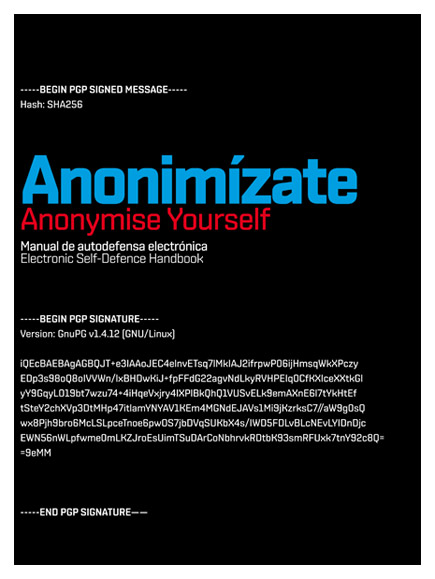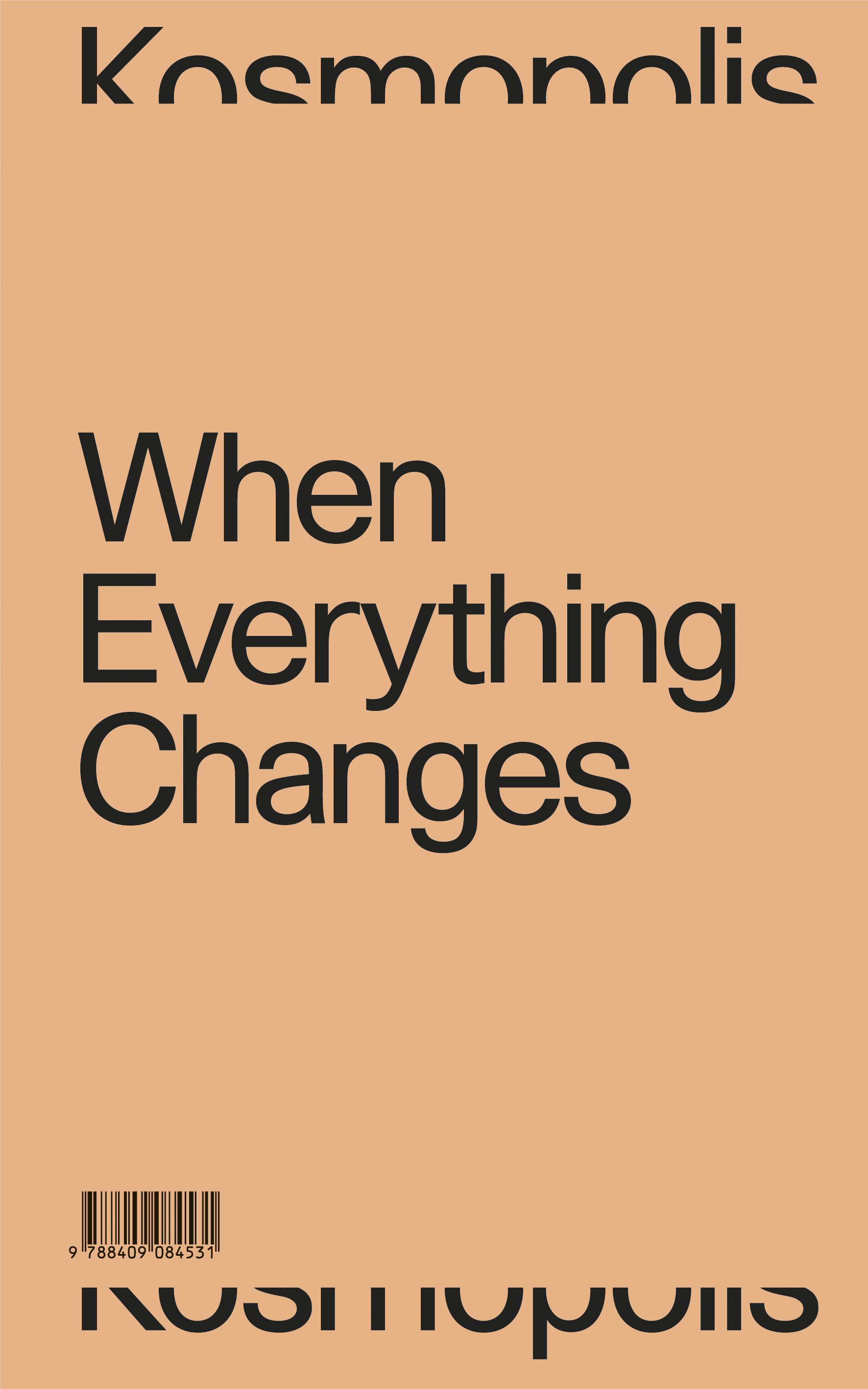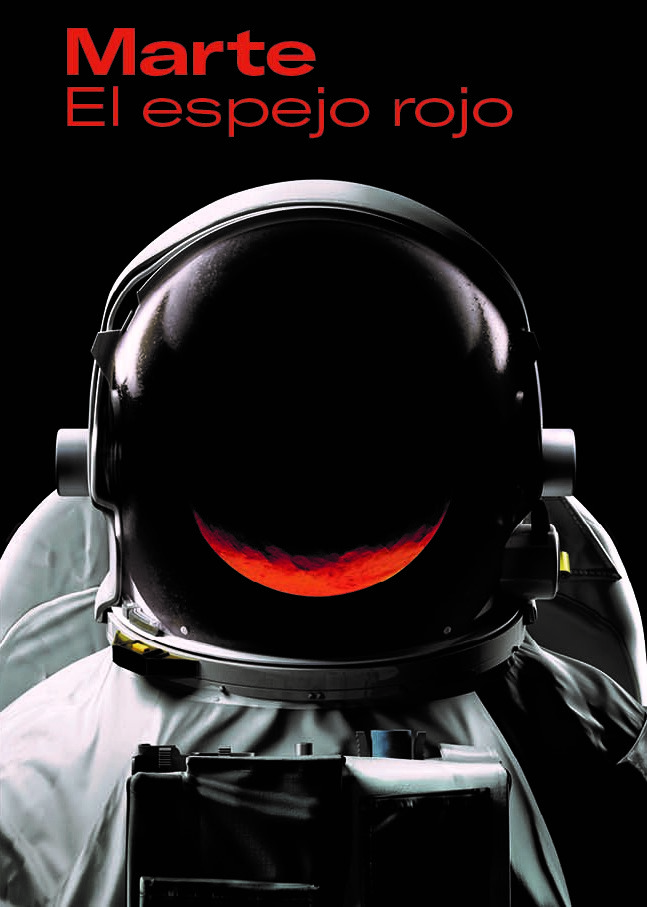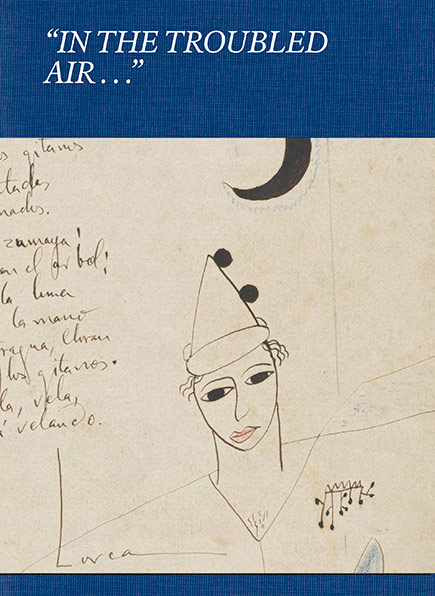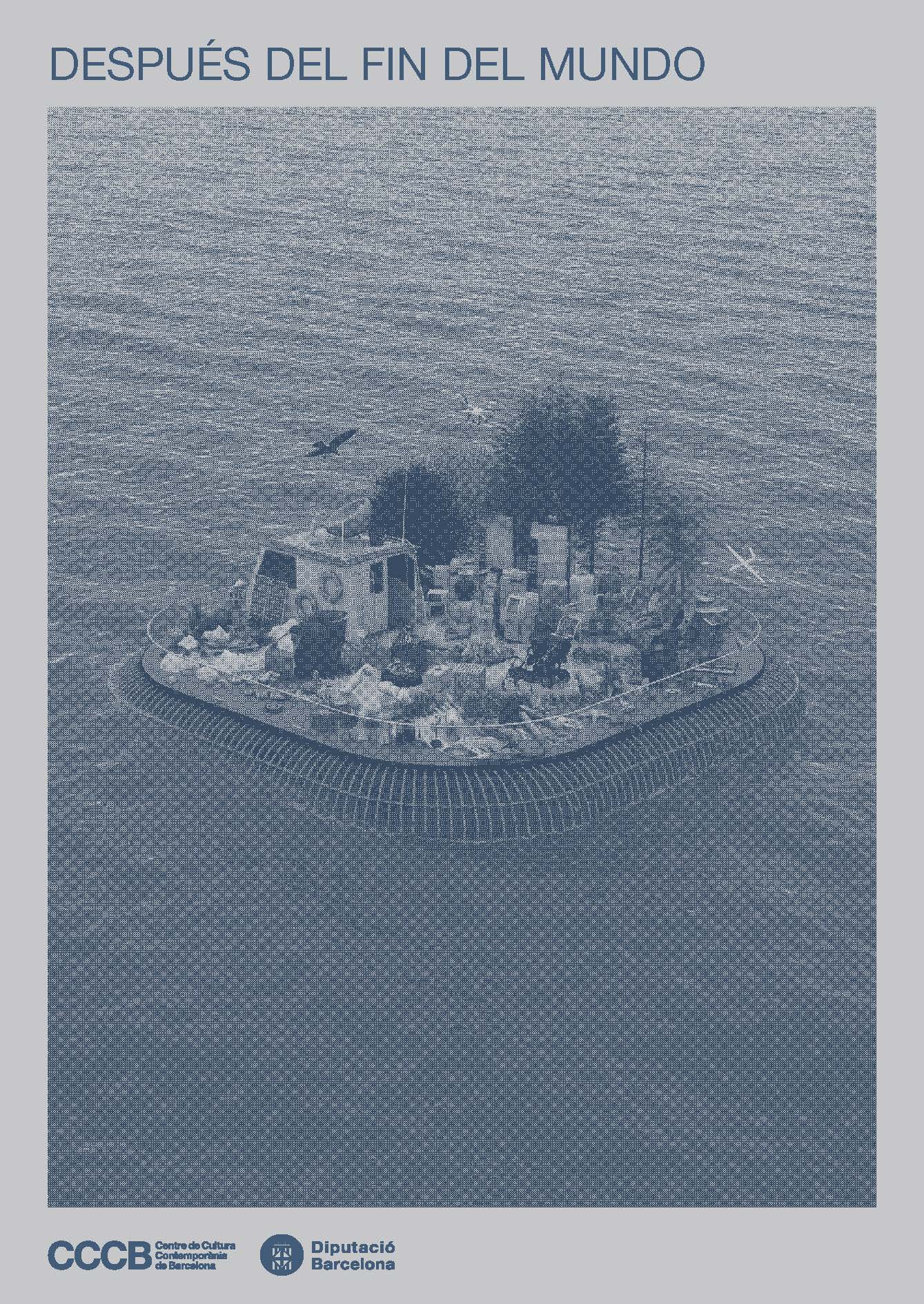
“The Paris Agreement has become the international community’s definitive attempt – and perhaps its final opportunity – to halt the most catastrophic consequences of climate change. At some point in the second half of the 21st century, there will have to be zero CO2 emissions into the atmosphere and the transition to an energy model based on decarbonisation will have to be complete.
Achieving the goals of the Paris Agreement is a collective challenge for which there are few historical precedents. If we manage it, the world between 2050 and 2100 will be dramatically different to the world we were born into and grew up in. To get there, we will have to accept that the problem is not just one of engineering.
The transition will require great effort and sacrifices: we will have to rethink food production, the design of cities and homes, transport and demographic growth. Above all, however, we will need to improve our ability to imagine a world in which the notion of progress is no longer linked to that of growth, and in which the unlimited extraction of resources stops being the basis of our relationship with the planet. Developing the ability to imagine another world necessarily involves taking ideological, political and cultural stances.”
Authors : José Luís de Vicente, McKenzie Wark , Timothy Morton, Patricia Vieira and Kim Stanley Robinson
Authors: José Luis de Vicente, McKenzie Wark, Timothy Morton, Kim Stanley Robinson,
Publication year: 2017
Pages: 160
Dimensions: 17 × 24 cm.
Images in B/W and colour: 100
ISBN
978-84-9803-813-2 (català / english)
978-84-9803-814-9 (castellano / english)
Edition
CCCB - Gabinet de Premsa i Comunicació de la Diputació de Barcelona
